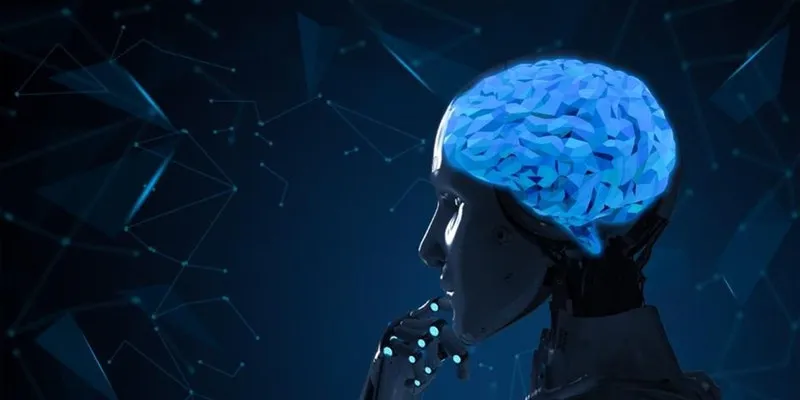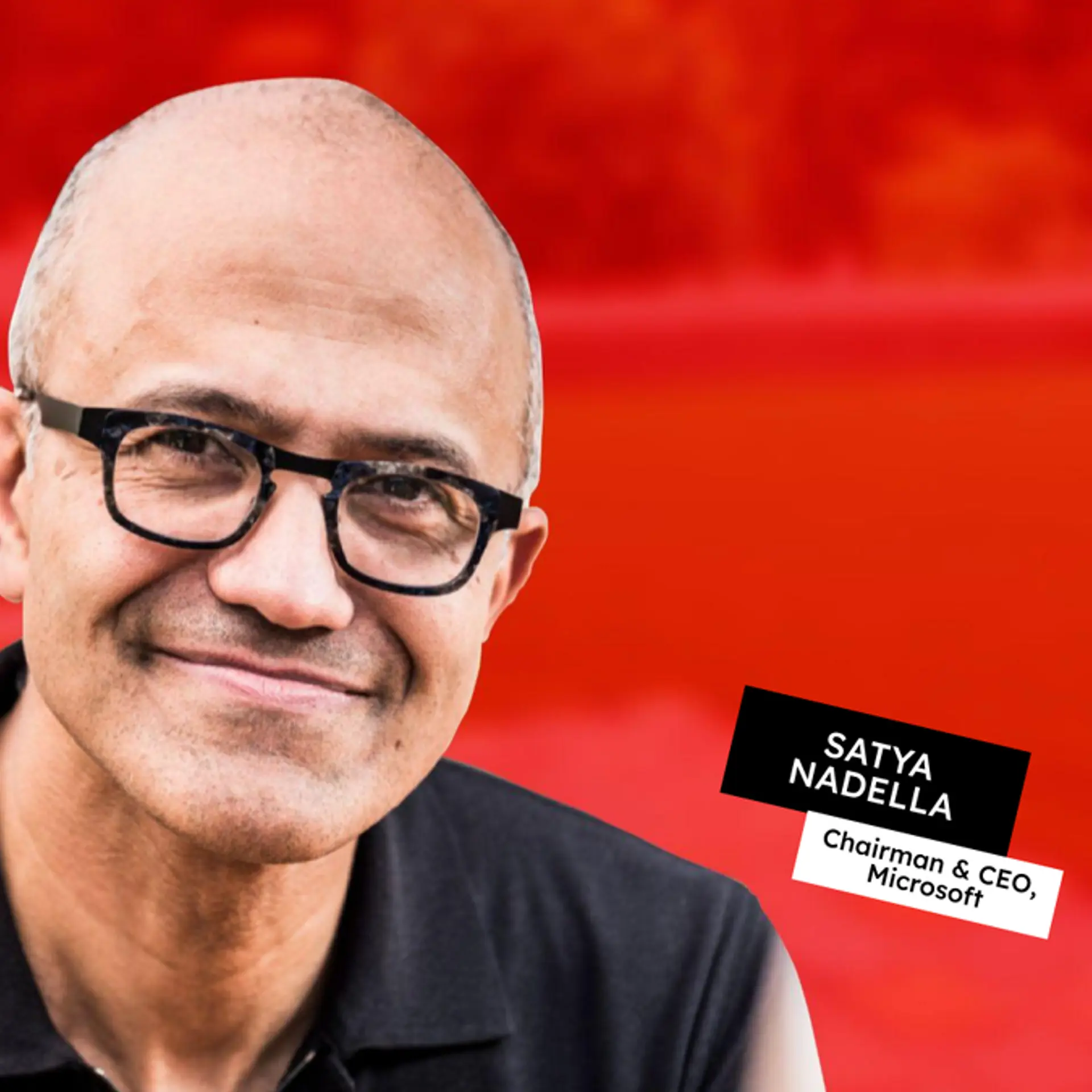TechSparks 2019: How India's deep tech ecosystem is impacting every sector, from dairy to defence
At TechSparks, YourStory's flagship annual conference, a panel of founders, investors, and technical heads took stock of the evolution of local deep tech startups, and the convergence of hardware and software.
Deep tech is the newest catchphrase in the Indian startup ecosystem.
A bunch of homegrown companies are using new-age technologies like artificial intelligence, machine learning, data analytics, cloud, and the internet-of-things (IoT) to solve real-world problems, and essentially, alter the way humans lead daily lives.
As a result, investor interest in the sector has gone up too, with Indian deep tech startups raising close to $240 million in the last one year, according to industry estimates.
On Day One of TechSparks 2019, YourStory's flagship annual conference, a panel of founders, investors, and technical heads gathered to take stock of the evolution of the local deep tech startups ecosystem.

Swapan Rajdev, Co-Founder and CTO, Haptik (maker of AI chatbots, recently acquired by Reliance Jio) elaborated on how the growth of AI has spurred new jobs and roles.
He said,
"In the AI and ML space, we have all new designations today. There are AI trainers and AI annotators. We need help to translate subtitles and create data sets, so our algorithms can work on them. Deep tech is opening up new roles everyday.
Gone are the days when Indian companies failed to make a mark in hardware.
Ranjith Mukundan, CEO and Co-founder of Stellapps Technologies (an IoT-led end-to-end dairy startup), observed:
"We started with the idea of changing the way milk travels right from the time it is procured to when it reaches the household."
Stellapps uses state-of-the-art mechanisation tools leveraging IoT, big data, cloud, mobility, and data analytics to bring about efficiencies in the agri-supply chain, from milk production and procurement to cold chain, animal insurance, and farmer payments.
Swapna Gupta, Senior Investment Manager at Qualcomm Ventures (which is an investor in Stellapps), said that "dairy tech" was unheard of until lately. "When Ranjith's team came up with the pitch, we were left wondering as to how technology could impact the daily consumption of milk," she said.
"Deep tech is 'wow' tech. Today, computing power has changed so much that the way data is processed has also changed. The machines are much smarter now. Deep tech can impact any sector, from dairy to defence. Every sector has the potential to be disrupted," she added.
And, the impact is not limited by form. Deep tech involves both hardware and software.

Artificial Intelligence
Sruthi Kannan, Head, Cisco LaunchPad Startup Accelerator, explained:
"There is a convergence of hardware and software in deep tech happening. We have done deep tech investments across the board."
Swapna added, "We invested in a drone startup which uses its technology in public places for surveillance, to detect stampedes, and analyse the footage captured. The data sets can be customised for different use cases."
How easy or difficult is it for an investor to pick a deep tech startup?
Cisco Launchpad follows the 'ABCD' of investing, Sruthi explained.
"We go back to the basics," she said, where "A is 'additional value', B is 'barrier to entry', C is 'customer experience', and D is 'demand'."
From an entrepreneur's point of view, it is imperative that their startup establishes "real impact". That not only helps in the investor pitch but also eases the hiring process.
Stellapps' Ranjith said,
"Bengaluru is a good place to hire tech talent, but it is tough to find data scientists. So, if you tell someone that what you are doing has the power to change the way people live, the hiring becomes easier.
But, to build a successful deep tech company can take more than eight to 10 years, the panel opined. Haptik's Swapan added, "What you have to keep in mind is, you can't be using technology for technology's sake. You have to first answer: Why are you building what you are building?"
(Edited by Evelyn Ratnakumar)
YourStory's annual extravaganza TechSparks brings together the best and the brightest from the startup ecosystem, corporate world, policymakers and, of course, the investor community. Over the past decade, TechSparks has grown to become India's most loved tech and startup platform for knowledge sharing and networking. A big thank you for all your support over the years and a big shoutout to our sponsors.









